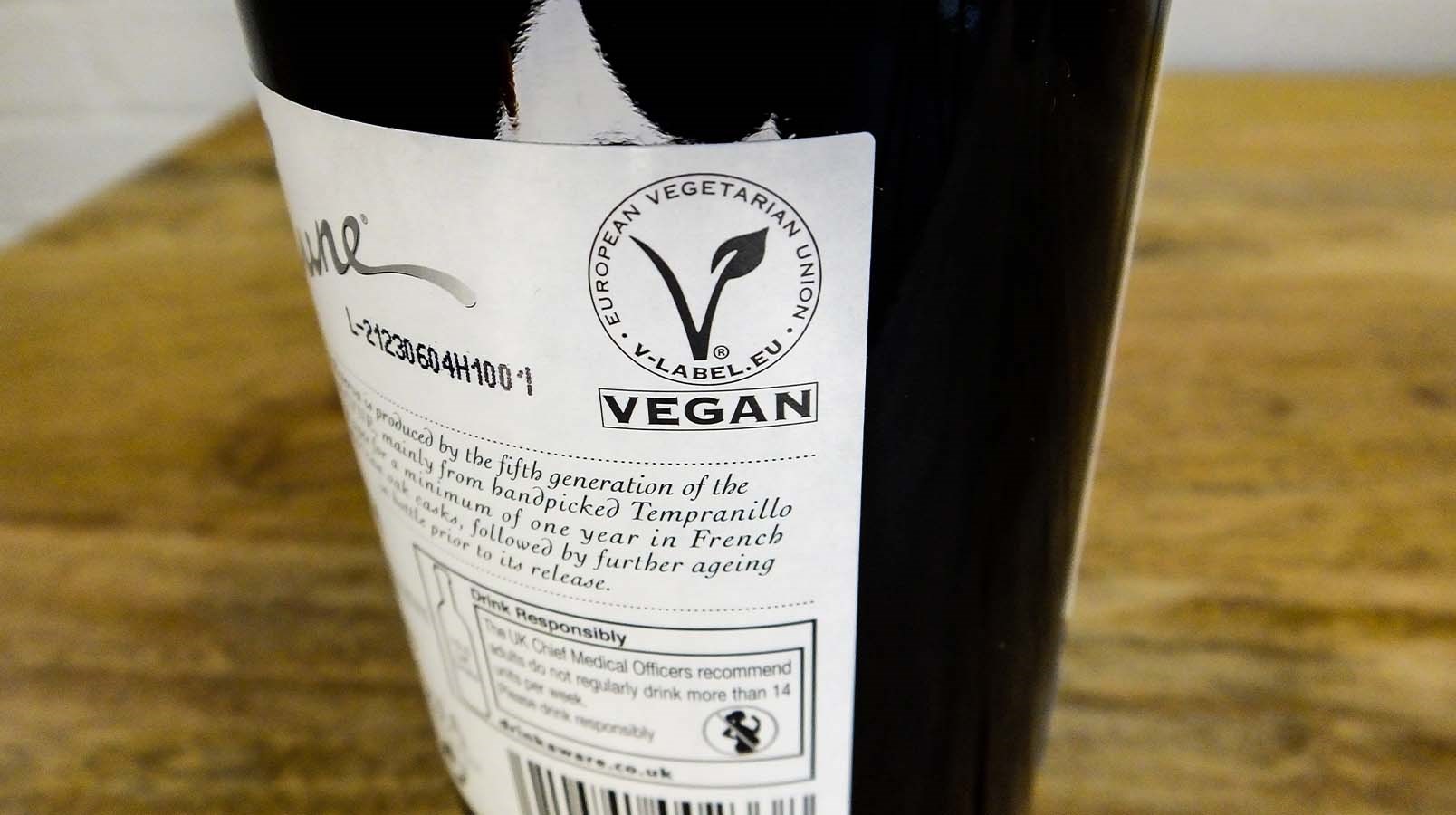Over the past few years veganism has taken over in the fitness and health world for its ethical and environmental benefits. Veganism encompasses more than merely what you eat and drink — it refers to a whole way of living that excludes all animal-based products.
Wine is consumed by many on a regular basis, but because it uses animal derived fining agents in the vineyard, most of them can not be part of a vegan diet. This undeniably explains why some feel overwhelmed when it comes to vegan wine, but never fear.
Whether you are a practicing vegan or just interested, this guide will help make sure that the next time when your buying wine its inline with what you believe.
Understanding Wine Production
Wine making involves a series of processes, which start from grapes cultivation to consumer consumption. It starts by gathering a bunch of ripe grapes before picking them and then crushing to liberate the juice. This juice is then left to ferment, a process by which yeast converts sugars into alcohol. The liquid that resulted is then clarified and aged depending on the requirements before being filled into bottles.
Key Stages
- Primary fermentation: When yeast naturally consume the sugars in grapes, converting them into alcohol and CO2 at this. This is the stage of creating character and flavor in wine.
- Clarification: So as to get a perfect immaculate and stable wine, impurities are wiped out. To do this, we encounter the use of fining agents that are sometimes animal-based.
- Aging: The wine matures in barrels or tanks to reach better flavors. The length of this stage varies from a few months to several years for different wines.
- Bottling: When aging is done, the wine undergoes another filtering and then into bottles. It might go through other processes like stabilization to make more suitable for quality and longevity.
The Role of Animal Products in Winemaking
In traditional winemaking, animal-derived fining agents are used to clarify and stabilize the wine by removing unwanted particles and impurities. Here’s a look at some common agents and their effects:
- Casein (Milk-derived protein used to clarify beer): Tannins and polyphenols are present in wine that cause astringency or haze, which the caseins help remove. Casein attach to those compounds, enabling them to be removed as a result the wine will become clearer and cleaner.
- Gelatin: A kind of protein that is also produced from animal collagen, which clarifies by binding with and stripping out extra proteins as well polyphenols. It contributes to the clarity and stability, but it is animal derived making it non-vegan.
- Isinglass: Mostly used for fining to white and sparkling wines, is primarily derived from the bladder of certain fish. It also clears the wine by taking out undesirable particles and proteins.
- Albumin: Originally from egg whites, albumin is used to clarify and stabilize red wines by complexation with tannins and other particles. This method assists in obtaining that clean smooth finish at a cost of making this unsuitable for Vegans.
These fining agents are used to help remove sediment, putting out finer quality better looking wine however these products make the product not vegan in doing so. Knowing about these agents can guide you in recognizing wines that are not ideal for people trying to avoid animal products.
Identifying Vegan Wine
Vegan wines are produced without any animal-derived fining agents, used to help clarify the wine in its production. Animal-based fining, some of the earliest known and most effective agents (e.g. casein [milk protein] isinglass[clarified fish glue]; gelatin [protein from bone]) are just a few widely used options to refine wines by removing visible proteins or off aromas. In order for a wine to be vegan, it should ideally substitute the methods carried out by animal skins and other such extracts during fermentation or fining with plant-based options.
Vegan fining agents would be bentonite clay, activated carbon and several others. The benefit of bentonite clay is that it is a natural, earthy mineral compound that cleanly extracts proteins and byproducts from your wine without affecting the taste and textural quality.
Pea and potato protein can provide more plant-based alternatives(clarifiers) in the filtration of wine to avoid animal products. These vegan-friendly agents ensure that wine can be enjoyed by those who adhere to a vegan lifestyle, supporting their ethical and dietary choices.

How to Find Vegan Wines?
This is where labels and certifications are very useful, particularly when looking for vegan wines. Look for explicit labeling on wine bottles that states “vegan” or “suitable for vegans”. You can also find vegan certifications from groups that focus specifically on maintaining a set of standards. Also, there are a few resources to help you determine vegan wines. Many vegan product websites and organizations also maintain lists of current wines that are considered to be vegan-friendly.
The diversity of these catalogs can offer you a vast array of selections in all possible areas and types. Some wine retailers and stores that specialize in vegan products also sell a curated range of wines suitable for vegans.
Types of Vegan Wines
Vegan wines come in various styles and types, each offering unique flavors and characteristics while adhering to vegan production practices. Here are some common types:
- Red Wines: These are made from the juice of red or black grape varieties and usually refined with bentonite clay alone, as well as plant-protein based fining agents(bentonitic). The most consumed are probably cabernet sauvignon, merlot and pinot noir. The wines can vary from being bold and powerful to light and fruity.
- White Wines: Vegan white wines are produced using green or yellow grapes, and the clarification of vegan white is done with agents that are compatible with a vegan lifestyle. Chardonnay, Sauvignon Blanc and Riesling are some of your classics. While these could be averagely low in alcohol and fresh as a daisy, they can also be powerful wines with great depth.
- Rosé Wines: Rose wines are made with red grapes, they have less skin contact time which means a lighter color and flavor profile. It can be dry, sweet or in-between and are usually made with plant-based methods of clarification.
- Sparkling Wines: Vegan sparkling wines, including Champagne and Prosecco, use vegan fining agents during production. Sparkling wines are carbonated and range from very dry to very sweet, but secondary fermentation in the bottle creates their bubbles.
- Dessert Wines: Vegan dessert wines like Sauternes or Port, which are sweet and complex. Versatile enough to be filtered with vegan fining agents and served for desserts or as a special treat.
- Natural Wines: Many natural wines are actually vegan (though not all), as they use minimal intervention and hence animal-derived fining agents. So, if you want to ensure that it is vegan-friendly – double-check the bottle.
There are quite a few styles of vegan wine to choose from, providing different flavors and experiences that cater for all tastes but stick with an ethical method of production.
Conclusion
Vegan wines avoid animal-derived fining agents, aligning with ethical and dietary preferences.
Understanding common agents like casein and gelatin, and opting for vegan alternatives such as bentonite clay and plant-based fining agents, helps identify suitable options. Look for clear vegan labels, use online resources, and explore apps to find vegan wines. With a range of choices including reds, whites, rosés, and sparkling wines, there’s a wealth of flavors to enjoy.
Embrace the diversity of vegan wines and discover new favorites that align with your values while enhancing your wine experience.
What is a fining agent, and how does it affect the wine?
Fining agents are protein based substances that react like a magnet, attracting impurities and destabilising particles in wine. These can include traditional fining agents like casein, gelatin and isinglass that aren’t vegan-friendly because they’re derived from animals. Winemakers use these agents to clarify the wine and improve the overall mouthfeel of it. Because of this, wineries introduce alternative fining agents (such as bentonite clay and activated carbon) in order to make the wine vegan.
How can I identify vegan-friendly wine on a label?
To know if a wine is vegan, look for wording like “vegan” or “suitable for vegans. While winemakers of vegan wine choose not to use any fining agents derived from animals in their production. Other wines may also contain official recognition from vegan societies. Simply check your wine label, and if the item does not specify this information you can use online resources or apps to see if it is vegan suitable. All vegan wines are labelled as such, showing that they were made in accordance with ethical production practices.
What makes a wine non-vegan, and how can I avoid it?
In production, a wine is not vegan if it uses animal products for fining such as casein and gelatin. Animal-derived substances, used by winemakers to clarify the wine and giving that necessary final touch may also render the whole bottle inconvenient for those who follow vegan principles. For you to identify non-vegan wines, the wine buttle will typically have a clear vegan label or certification. Furthermore, check sites and apps that provide vegan lists over there to make sure everything is in your line with the things you eat.





